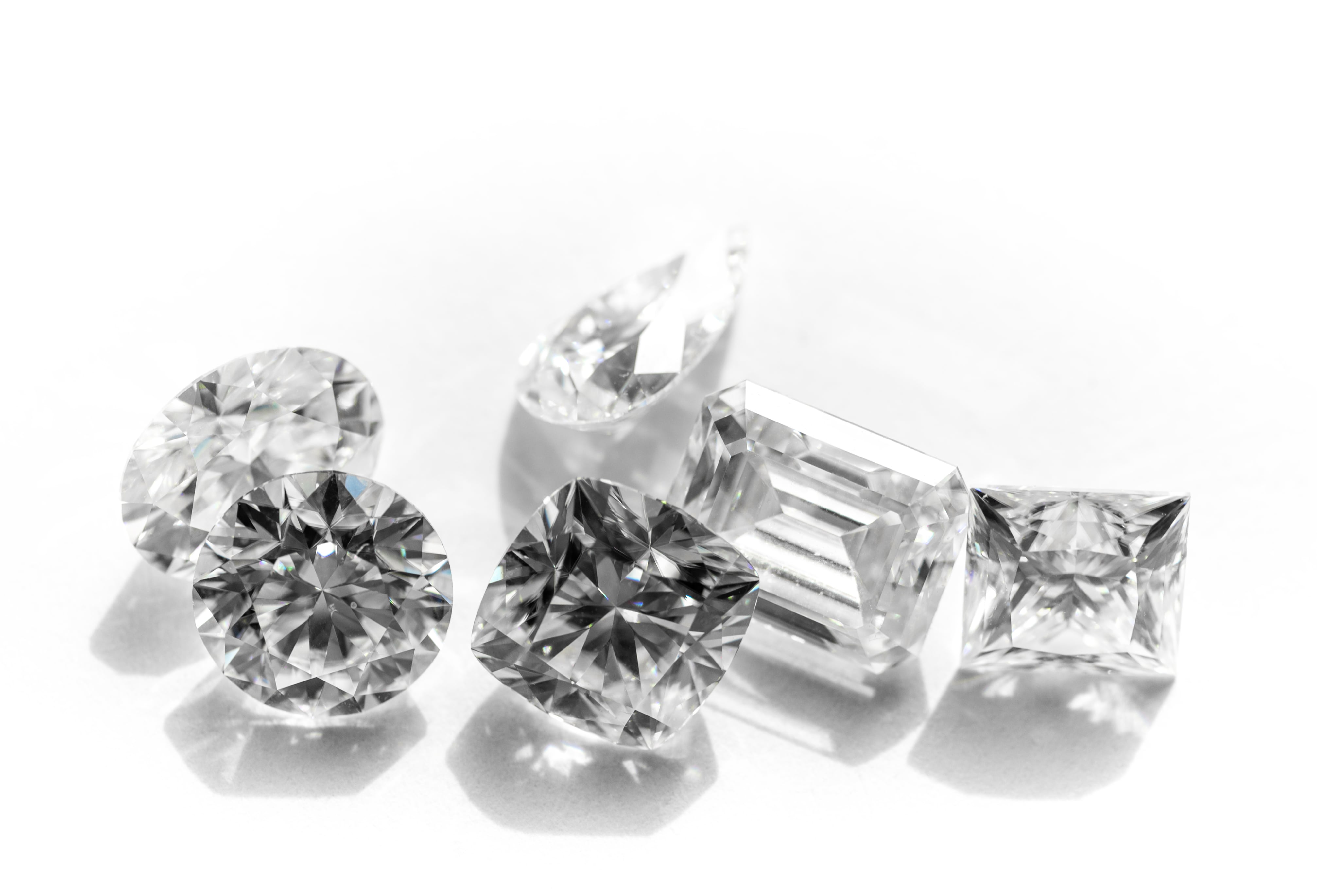What Are Ethical Engagement Rings?
Definition and Importance
In today’s world, many couples are seeking to make more conscious choices when it comes to their engagement rings. Ethical engagement rings are designed with a focus on minimizing harm to the environment and ensuring fair treatment for all workers involved in their production. But what exactly makes a ring “ethical”? It revolves around transparency, sustainability, and social responsibility.
Ethical vs. Traditional Engagement Rings
Traditional engagement rings often come with a hefty environmental and social price tag. Conventional mining practices can devastate ecosystems and lead to poor working conditions. In contrast, ethical engagement rings prioritize environmentally friendly practices and ethical labor standards. By choosing ethical options, you’re not just getting a beautiful piece of jewelry; you’re also making a statement about your values.
Why Choose Ethical Engagement Rings?
Environmental Impact
The impact of traditional diamond mining on the environment is profound. It involves large-scale excavation that disrupts ecosystems, often leading to deforestation and habitat loss. Ethical rings often use recycled metals or lab-grown diamonds, which drastically reduce the environmental footprint of your ring. This way, you’re not only celebrating your love but also protecting the planet.
Social Responsibility
Fair Trade Practices
Ethical engagement rings ensure that the materials used are sourced from mines or suppliers that adhere to fair trade practices. This means workers are paid fair wages and work in safe conditions. Supporting such practices can help reduce poverty and improve the quality of life in mining communities.
Supporting Local Communities
Many ethical jewelry brands work directly with local artisans and communities. This support not only helps preserve traditional crafts but also ensures that the benefits of the trade remain within the community. By choosing an ethical ring, you’re contributing to local economies and promoting fair trade.
Types of Ethical Engagement Rings
Recycled and Upcycled Materials
One way to ensure your ring is ethical is to choose recycled or upcycled materials. Recycled gold and silver are sourced from old jewelry and electronics, minimizing the need for new mining. Upcycling involves transforming existing materials into new designs, which can add a unique touch to your ring.
Lab-Grown Diamonds
Benefits of Lab-Grown Diamonds
Lab-grown diamonds are created using advanced technology that replicates the natural diamond-growing process. They offer a more sustainable and ethical alternative to mined diamonds. Lab-grown diamonds are virtually identical to natural diamonds, both in appearance and chemical composition, but they don’t come with the same environmental or ethical concerns.
Comparison with Natural Diamonds
While natural diamonds are often associated with luxury, they come with significant ethical dilemmas. Lab-grown diamonds, on the other hand, are created in controlled environments that avoid the ethical issues tied to traditional mining. They can also be more affordable, making them an attractive option for many couples.
Conflict-Free Diamonds
Conflict-free diamonds are those sourced from areas free of armed conflict and human rights abuses. These diamonds are often certified by organizations such as the Kimberley Process, which aims to prevent the trade of conflict diamonds. Choosing a conflict-free diamond ensures that your purchase supports ethical practices.
How to Identify Ethical Engagement Rings
Certifications to Look For
When shopping for an ethical engagement ring, lab made diamonds, look for certifications that guarantee the ethical origins of the materials.
Responsible Jewellery Council (RJC)
The RJC certification is one of the most recognized standards in the industry. It ensures that the jewelry has been produced in accordance with strict ethical and environmental guidelines.
Fair Trade Certified
Fair Trade certification guarantees that the materials used in the jewelry were sourced from suppliers who adhere to fair trade principles. This includes fair wages, safe working conditions, and environmental sustainability.
Understanding Brand Transparency
Ethical brands often provide detailed information about their sourcing and production processes. Brands that are transparent about their practices are more likely to adhere to ethical standards. Researching a brand’s commitment to sustainability and social responsibility can help you make an informed choice.
Popular Ethical Engagement Ring Brands
Brand Reviews
Several brands are leading the way in ethical engagement rings. These companies are known for their commitment to sustainable practices and social responsibility.
Sustainable Brands
Brands like Brilliant Earth and Ethical Metalsmiths are renowned for their focus on sustainability. They offer a range of options from recycled metals to lab-grown diamonds, ensuring that you can find a beautiful ring without compromising your values.
Affordable Ethical Options
If you’re looking for more budget-friendly options, check out brands like GreenKraft and No Dirty Gold. These companies provide high-quality ethical rings at various price points, making it easier for everyone to make a responsible choice.
Caring for Your Ethical Engagement Ring
Cleaning and Maintenance
To keep your ethical engagement ring looking its best, regular cleaning and maintenance are essential. Use a gentle jewelry cleaner and a soft cloth to remove dirt and oils. Avoid harsh chemicals that could damage the materials.
Longevity and Durability
Ethical engagement rings, particularly those made from lab-grown diamonds or recycled metals, are designed to last. With proper care, these rings can remain beautiful and durable for a lifetime, making them a lasting symbol of your commitment.
Conclusion
Choosing an ethical engagement ring is more than just a trend; it’s a meaningful decision that reflects your values and commitment to a better world. By opting for ethical options, you’re supporting sustainable practices and fair labor conditions, all while celebrating your love. Whether you choose a lab-grown diamond, recycled metal, or a conflict-free stone, you’re making a choice that benefits both people and the planet.

